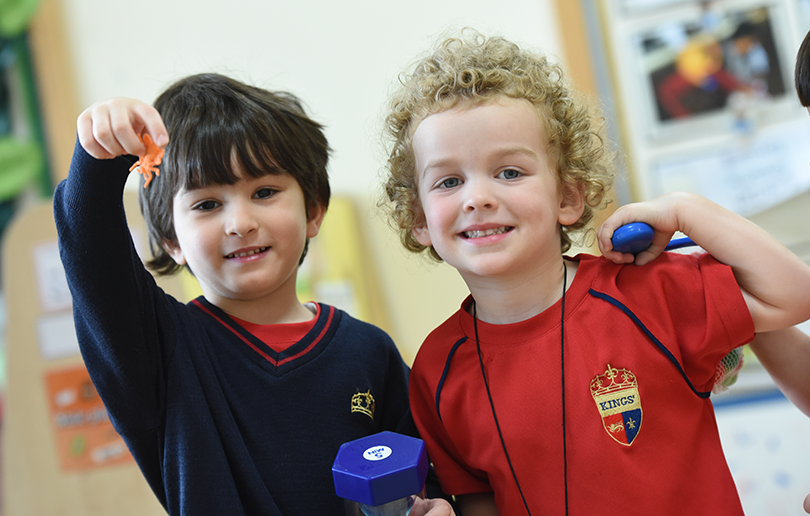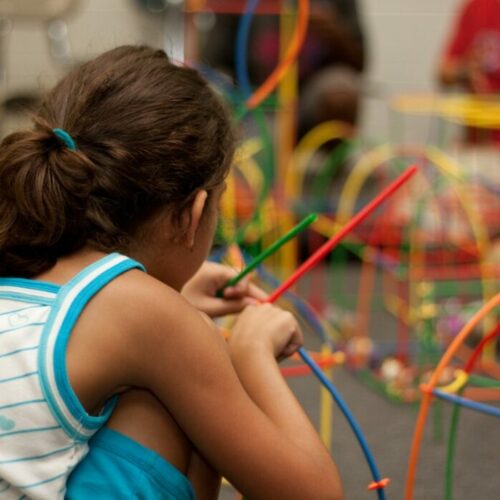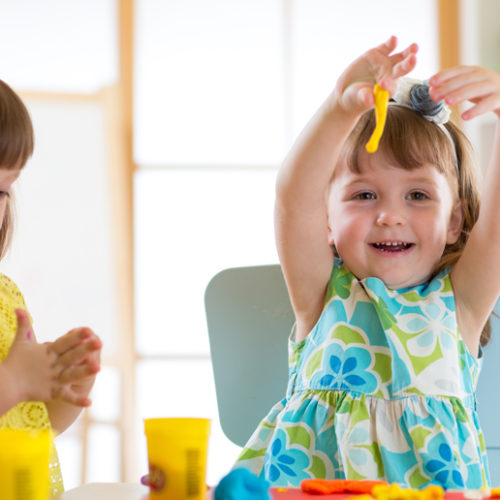How to raise an emotionally intelligent child
The ability to manage and understand different emotions is an important part of early development. Developing Emotional Intelligence (EI) can help children to better identity and understand different emotions, as well as successfully build friendships and learn to work with others.

According to Hannah Wells, Deputy Head Teacher, Kings’ School Nad Al Sheba, it is an important part of childhood education, and is something which Kings’ actively helps to develop. “Judging how emotionally intelligent a person is really comes down to their own self-awareness. People need to be able to judge the impact – positive or not – of their own actions and behaviours on themselves and on the people around them. They also need to be able to judge how successful they are in managing their own emotions as well as those of others.”
Below, Wells and Joanne Jewell from Mindful Consultancy offer their insight into the key aspects of EI.
Five key areas for raising an emotionally intelligent child
Personal competence
This includes both self-awareness and self-management skills, which focus more on you individually than on your interactions with other people. Personal competence is your ability to stay aware of your emotions and manage your behaviour and tendencies.
Self-awareness
This skill is your ability to accurately perceive your emotions and stay aware of them as they happen. “In order to raise our self-awareness we can reflect on how we interact with others, for instance, and what skills we use that make situations with our children successful,” says Jewell.
Self-management
This is your ability to use awareness of your emotions to stay flexible and positively direct your behaviour. “This means giving emotions a name and not judging whether an emotion is ‘good’ or ‘bad’ as it’s just a feeling,” says Jewell. “It also covers improving the ability to calm ourselves using self-care, breathing techniques, being self-compassionate, understanding what intrinsically motivates us and creating a healthy environment where nutritious food and exercise are part of family life.”
Social awareness
This is your ability to accurately pick up on emotions in other people and understand what is really going on. “Responding to our children’s non-verbal cues is important, as this teaches them the value of body language,” says Jewell. “Similarly, being non-judgmental in our approach to our children and society as a whole and having personal and family values and putting them into practise is key.”
Relationship management
This is your ability to use awareness of your emotions and other people’s emotions to manage interactions successfully. “This means using active listening, empathy, setting boundaries and teaching our children how to set them for themselves in an age appropriate way,” says Jewell. “It also covers teaching conflict resolution skills and how to talk about what is bothering us, rather than ignoring or sending people away. Plus, it refers to using praise as a tool to build a growth mindset and intrinsic motivation rather than extrinsic motivation.”
Did you enjoy this article on EI? If so you may enjoy this article on picking the best school for your child.
To book a tour of Kings’ school Nad Al Sheba visit their website. For more information on mindfulness skills visit Mindful Parenting UAE.

Kings' School, Nad Al Sheba
26th St, Nad Al Sheba, Dubai, United Arab Emirates
+97143271841










